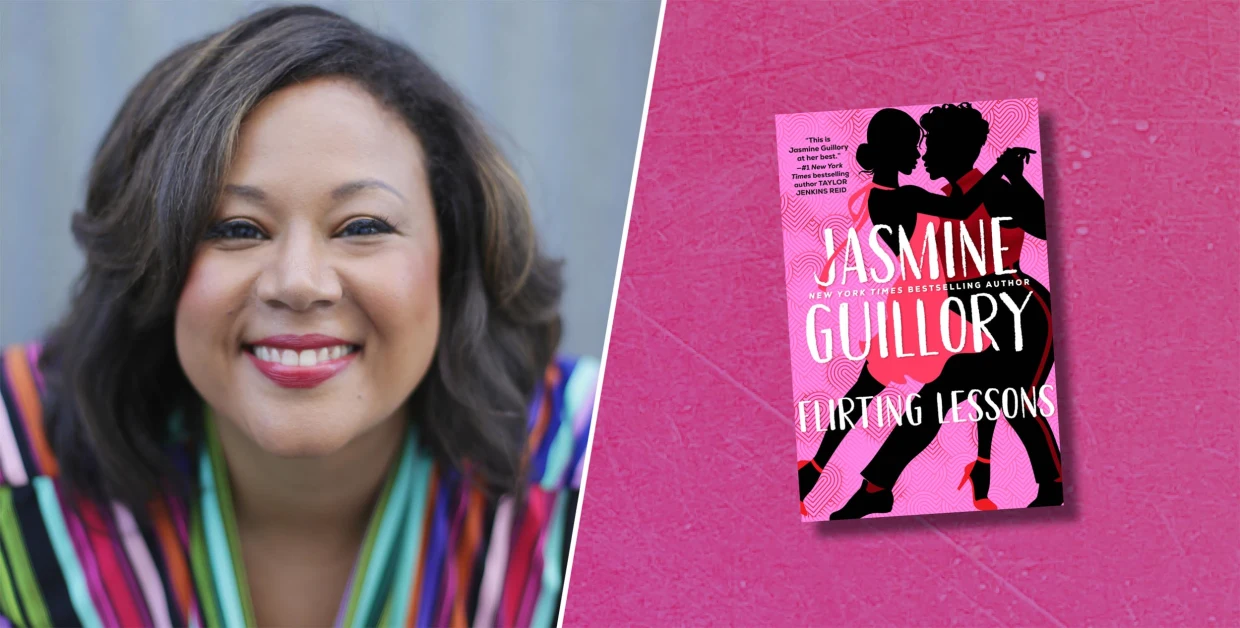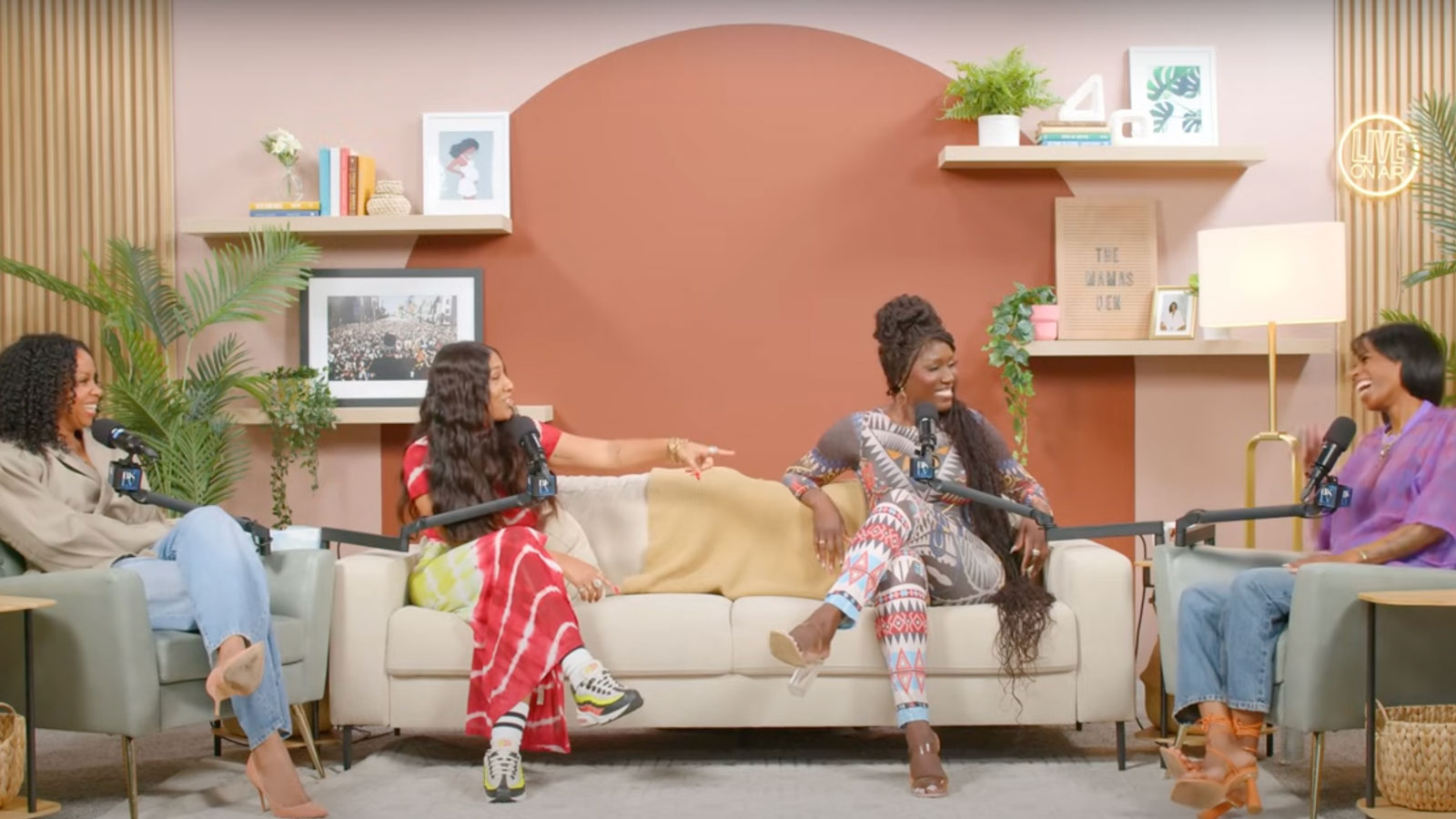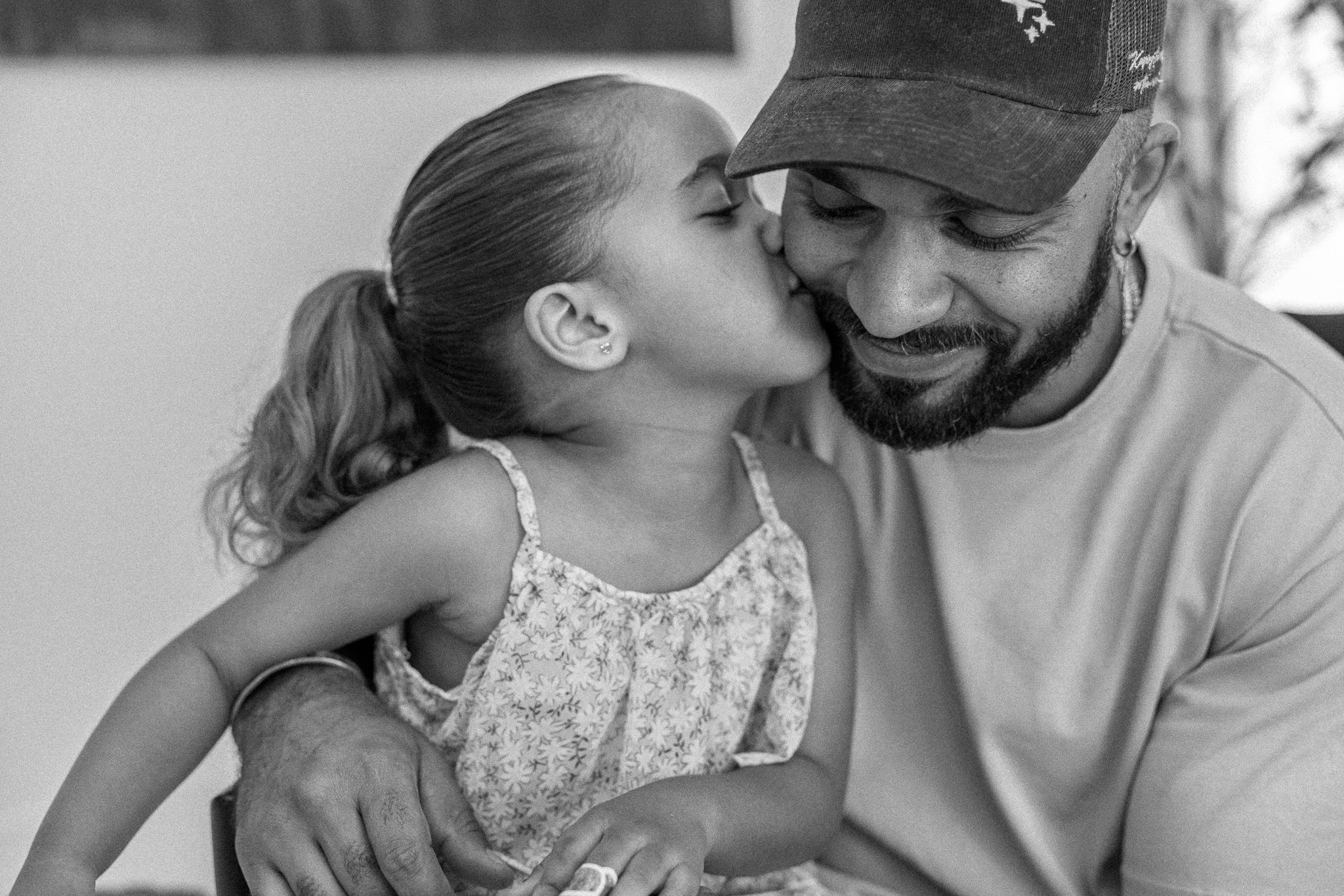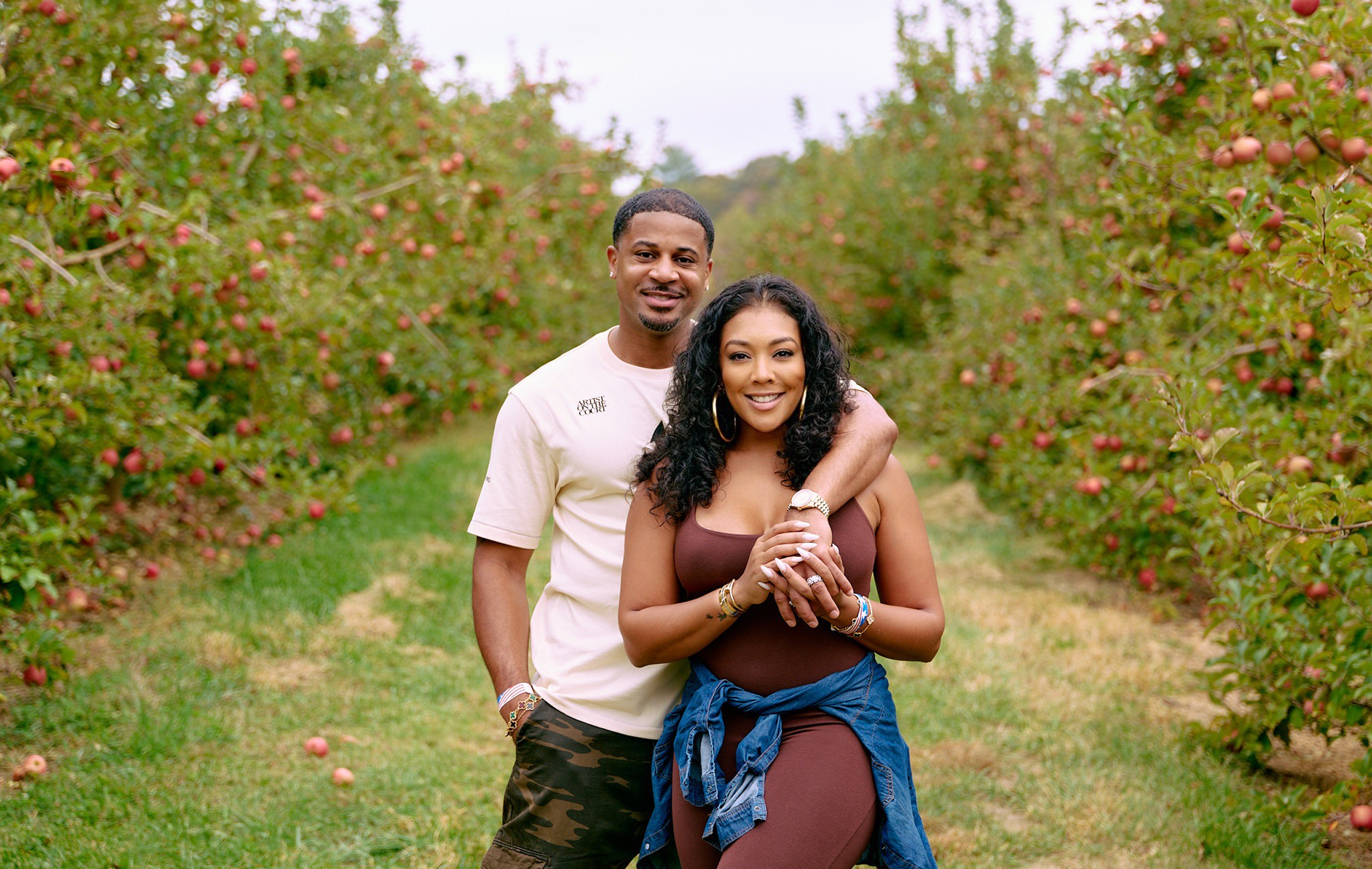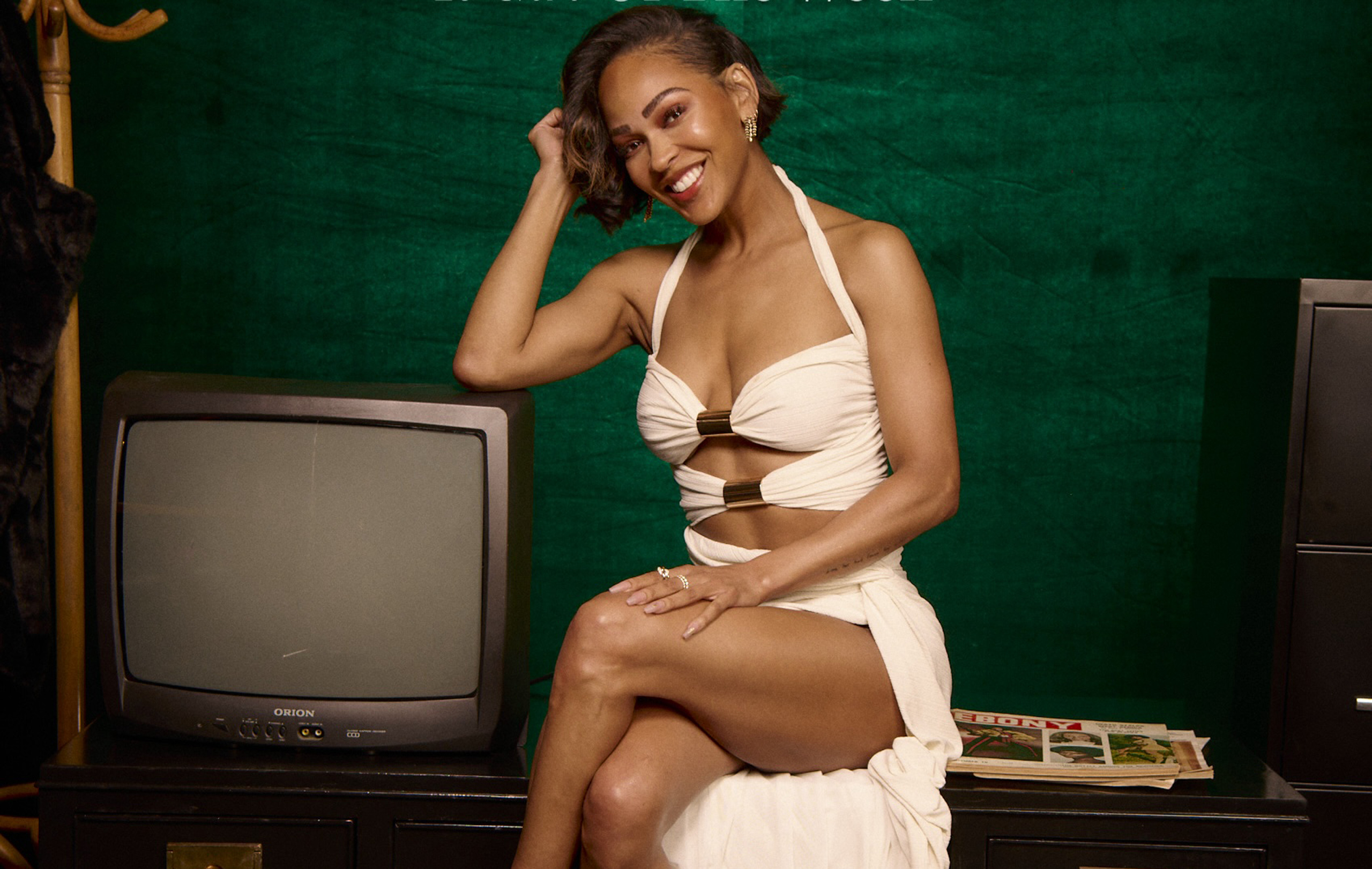
Courtesy of Pexels.com
Courtesy of Pexels.com
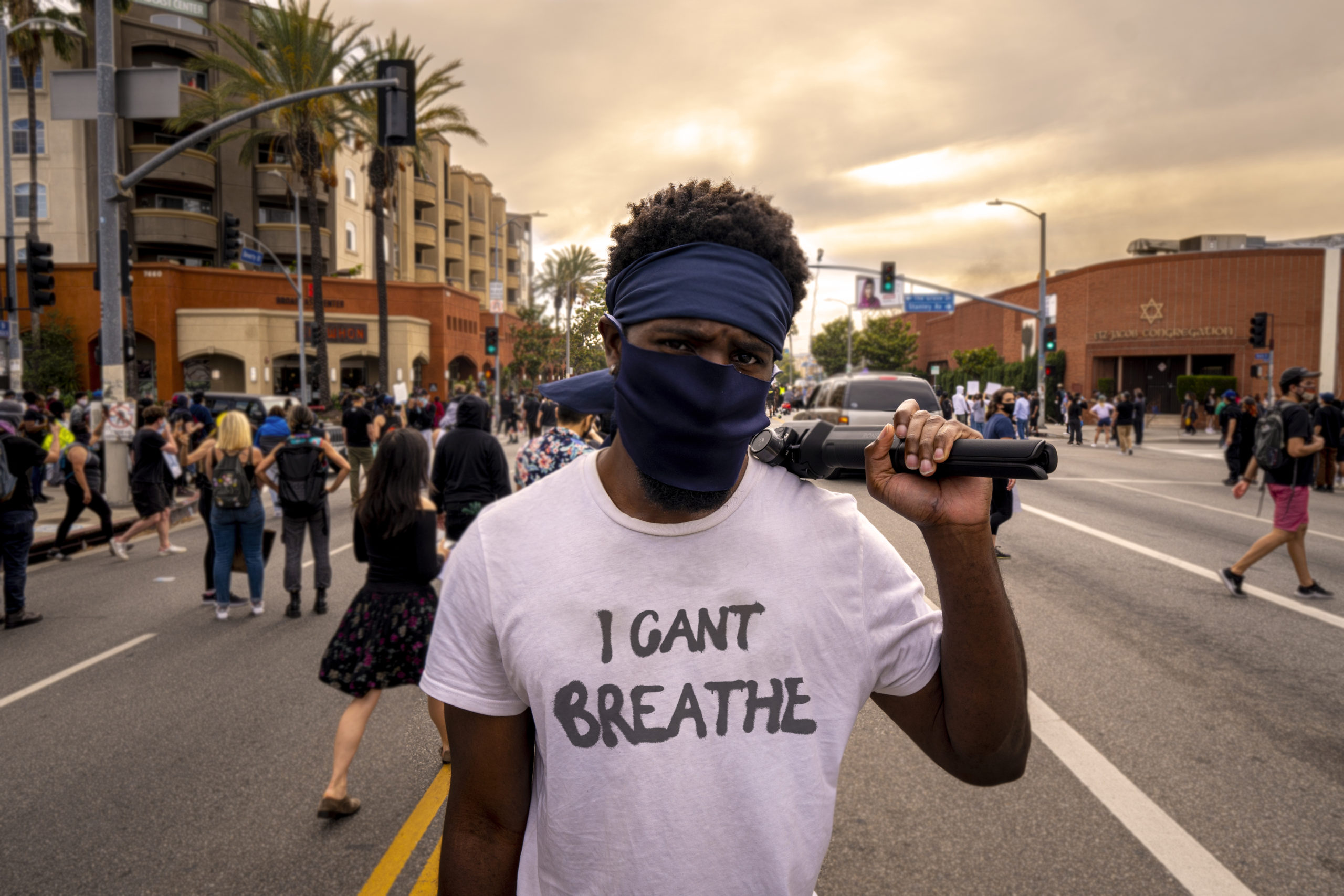
Courtesy of Nappy.co
When we discuss the civil rights movement, we leave out so much. We take the highlight reels and etch them in time. Initially, I believed it was more of a guide for future generations on ways to combat racial injustices. Consciously, I knew better, or so I thought. However, if this past year has taught me anything, it’s that subconsciously I genuinely did not know much at all.
Since witnessing what feels like the breaking point in our constant fight to be heard in this country, to say I’ve been unkind to myself is to put it lightly. Day after day, I’m taking in the air so thick and potent with our pain, I can’t see anything past it. I can’t see the spreadsheets through images of police officers disregarding every oath they’ve taken and slamming Black bodies to the ground for demanding fundamental human rights. My hope is fighting to breathe in my reality.
—How do I accept white supremacy that, unfortunately, permeates every aspect of my life?
—How do I normalize the trembling fear which arises when a police officer is driving behind me?
—How do I condone the egregious disinvestment in public education disproportionately affecting Black children at a higher rate than any others?
These are all things that I’ve known and seen — witnessed and experienced for myself. And yet many still wonder why true freedom for the Black community has always felt hopelessly unattainable.
I want so desperately to contribute everything that I can to this moment in time, but I feel like I’m failing. When I look at the courageous, beautiful souls of our community marching and demanding for this country’s promises to be kept, I’m ashamed when I’m not there at every protest or demonstration. When I share information with others about things we should be doing, I wonder if this is the right time to be sharing it or even the correct way.
Each day, I go to bed and wake up feeling like I’m not doing enough. Am I failing our collective, my ancestors, and myself? But then I have to ask “based on what?”
We don’t talk enough about the first bus boycott taking place in Louisiana. Although successful, it didn’t draw the attention that the Montgomery bus boycott did. We also usually don’t discuss the Southern Christian Leadership Conference’s struggle to raise funds, invest in communities in the onset, or the ways they had to restructure and adapt over time.
Related Articles:
How to Cope With the Emotional Effects During These Traumatic Times
These Are the Best Things You Can Do When You’re Hurting and Healing at the Same Time
The Art of Belonging: The Intersection of Race and Sexuality
We don’t mention the number of LGBTQ activist groups that rose and fell before a queer liberation movement, led in part by Marsha P. Johnson, received its momentum from the Stonewall riots.
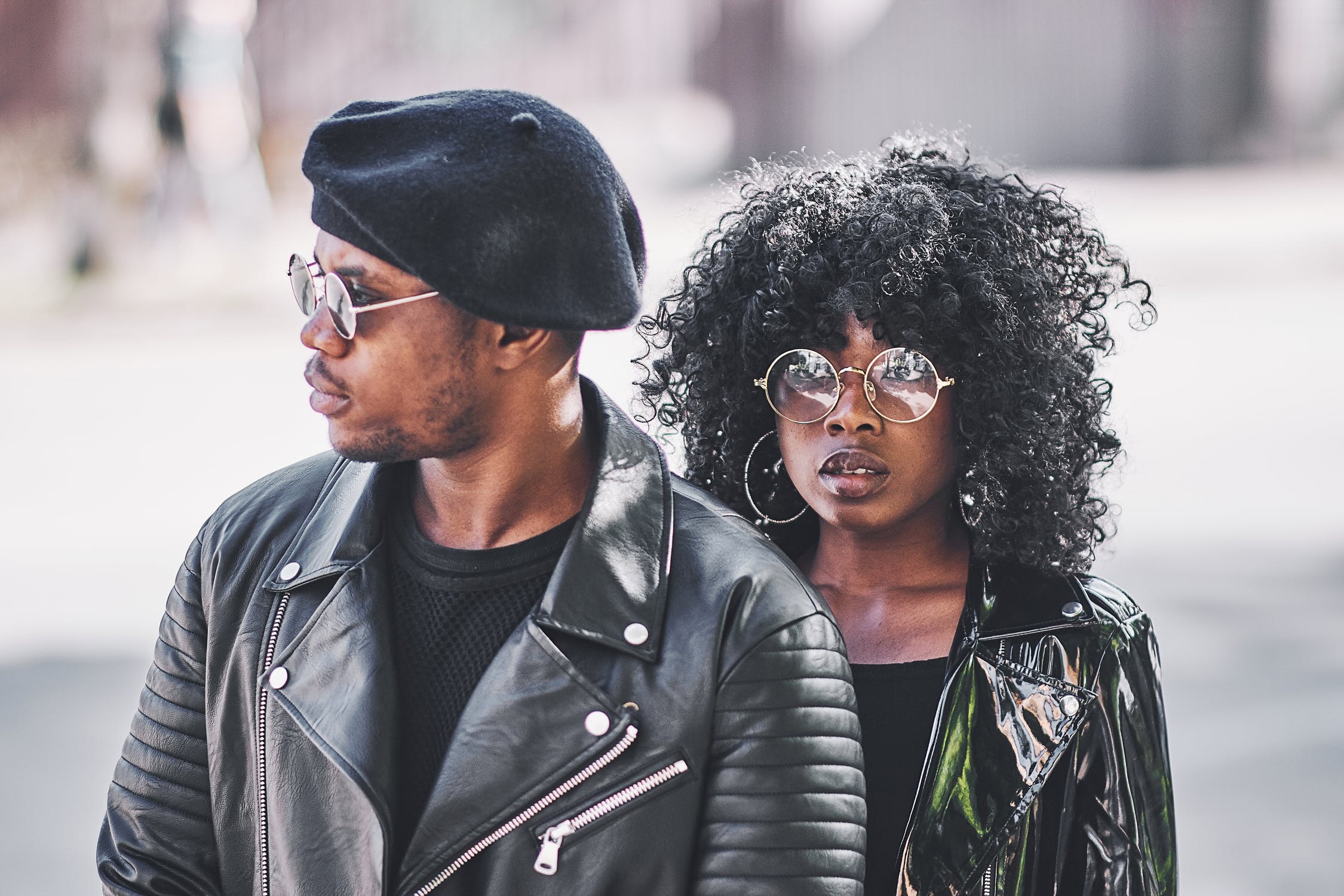
Courtesy of Pexels.com
I say this because change is not scripted. It’s not mapped out and perfectly organized. It’s not about a silver bullet or a pre-set window of time. It’s messy, it’s imperfect, and it’s incredibly vulnerable. Our ancestors weren’t showing us what to do, they were showing us what is possible.
There is always and has always been more than one way to protest, that’s intentional. As a collective, we can fight a battle on all fronts. Some people have the unique patience to educate. We need that. Some people will disseminate valuable information from trusted sources, and we need that as well. Our mental health is critical, and we have individuals in this movement to help us process our experiences. Our collective health is at the core of our activism. For far too long, I’ve forgotten our collective purpose as I’ve sat in a culture of individualism. It’s not about me. It’s about us.
Although I’m still understanding my role, after some deep-cleansing soul-searching, I now know where it starts. When I have patience and my heart is full, I educate. I sit with the people who love me and listen to me speak about my reality with their hearts first and not their minds.
I make sure to listen to and follow the Black women who fiercely lead this movement like Tamika Mallory, Patrisse Cullors-Brignac, and Brittany Packnett Cunningham. When my cup is empty, I put the phone down and work to restore my full-being. Making space to ground myself, feel my emotions, quiet my mind, and pace my heart. Then I come to write things like this, to share myself and reach out with a spirit of healing in hopes that it will help some part of our collective move forward with purpose.
I’m living at the intersection of a global pandemic and a civil rights movement. I’m witnessing a sense of radicalism in all of us to chip away centuries of inequalities and trauma that have plagued our nation for too long. Protesting on the frontlines is one form of activism, but if you’re like me, you know there is so much work to be done. Here are a few other suggestions.

Courtesy of Canva.com
—Donate to organizations in support of the cause.
—Volunteer your services.
—Have tough conversations. Educate yourself and your peers.
—Contact local officials.
—Support Black-owned businesses; this includes Black creatives as well.
—Sign petitions.
—VOTE in both local and national elections.
Most importantly, extend grace to yourself and know there isn’t only one way to let your voice be heard and make a difference. As a collective, we are working to dismantle years of oppression. In doing so, to have an effective paradigm shift, we need all hands on deck from every angle and vantage point. If you’re questioning whether or not you’re doing enough, trust me, you’re doing exactly what is needed.
Related Articles
Discover why Jasmine Guillory’s latest novel Flirting Lessons is a must-read—and how the author continues to redefine modern romance with layered Black heroines, real emotional depth, and Black literature that feel both magical and true.
Bozoma Saint John talks Black motherhood, grief, self-love, and finding joy again. Don’t miss her powerful conversation on building legacy and living boldly.
Tyler Lepley shows the beauty of Black fatherhood, blended family life with Miracle Watts, & raising his three children in this Father Noir spotlight.
Featured Articles
When Elitia and Cullen Mattox found each other, they decided that they wanted their new relationship together, their union, to be healthier and different.
Celebrate their marriage and partnership with the release of the documentary “Time II: Unfinished Business”
The vision for our engagement shoot was to celebrate ourselves as a Young Power Couple with an upcoming wedding, celebrating our five year anniversary - glammed up and taking over New York.
Our intent is to share love so that people can see, like love really conquers everything. Topics like marriage and finance, Black relationships and parenting.
Meagan Good and DeVon Franklin’s new relationships are a testament to healing, growth, and the belief that love can find you again when you least expect it.
HEY CHI-TOWN, who’s hungry?! In honor of #BlackBusinessMonth, we teamed up with @eatokratheapp, a Black-owned app designed to connect you with some of the best #BlackOwnedRestaurants in YOUR city – and this week, we’re highlighting some of Chicago’s best!

